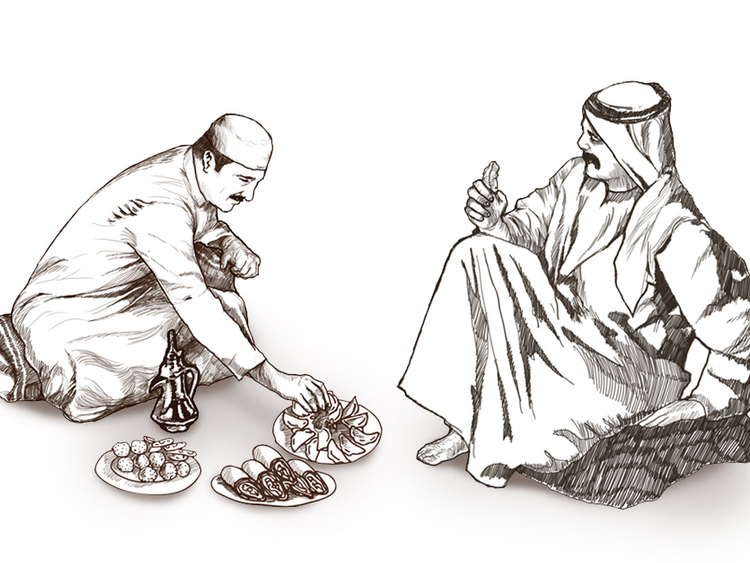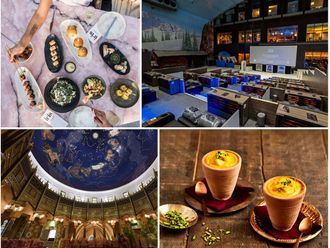What should you eat? That’s a pertinent question at any time of the year but during Ramadan it assumes greater significance. With only two meals to get you through the day, needless to say, they should be well balanced and wholesome.
But the diet that most people follow is far from nutritious. “Poor eating habits and wrong choices of food often result in unhealthy practices and alter the health benefits that Ramadan brings,” says Lubna Abdussalam Dhalani, Dietician at Aster Clinic in Bur Dubai.
Many people are guilty of ending the fast with oily, fried and fatty foods, gorging on sugary and junk food and chugging aerated beverages — all of which feature high on a dietician’s list of unsavoury habits during Ramadan.
“People in the UAE celebrate iftar like a feast and this sometimes lasts until suhour,” says Nafeesa Ahmed, Director of Nutrition and Lifestyle Management at Zulekha Hospital. “But fasting helps detoxify the body, so it is advisable to follow a healthy diet and lifestyle.”
And it helps if you start preparing for Ramadan early by weaning yourself off unnecessary snacking - stay away from cookies, chocolates, salty nibbles and junk food; drink healthy fluids such as water, fresh juices without added sugar and buttermilk; and exercise moderately, pencil in a dedicated time for sleeping, and try to wake up earlier than usual.
During Ramadan, focus on a healthy and balanced diet including items from all the essential food groups, which is what you should do anyway throughout the year. Wholegrains, lean meat, legumes, low-fat dairy, fruits and vegetables take centre stage while you give fried fatty foods and greasy curries a miss and go easy on the red meat.
Of equal importance is what you wash your food down with. “Water plays an important role in the prevention of fatigue and keeping your body hydrated,” says Dr Anita Das Gupta, Clinical Dietician at Burjeel Hospital in Abu Dhabi. “Being summer, at least a minimum of 6-8 glasses of water should be taken in addition to unsweetened fruit juices, coconut water, laban and soups.”
Dhalani says it is best to avoid aerated drinks, packaged juices and caffeinated beverages such as tea and coffee. “Aerated drinks are loaded with sugar and tend to make you feel fuller easily. They are also an easy source of weight gain. And caffeine tends to dehydrate the body and increase thirst.”
But there’s no need to gulp down three or four glasses of water at a time in the hope of hydrating yourself for the next 12 hours. Phase it out during the non-fasting hours. If you find it difficult to drink plain water, add some slices of fruit to make it flavourful. It would also help if you eat fruits and vegetables that are high in water content such as cucumber, watermelon and tomatoes.
The thing to keep in mind however is that you don’t stuff yourself with food and drinks, especially at iftar, making it difficult for you to wake up for a filling suhour.
“Eating just one heavy meal is not healthy for your lipid profile, as it tends to accumulate a great amount of fat in the blood,” explains Dhalani. “Such prolonged fasting affects your blood sugar profile too.” Not to mention the dip in energy levels and less-than-ideal cognitive functions.
This is where advance preparations come in handy. A week or two of increasingly early dinners and wake-up times prior to Ramadan help you face up to the challenge.
When you are up and about for suhour, resist the urge to make do with leftovers. Your body needs healthy and fresh meals rich in fibre to keep going until iftar. However, the danger with a wholesome suhour is that you may be tempted to go back to bed immediately, but don’t as it doesn’t give any time for the food to digest, causing problems such as gastro-oesophageal reflux.













